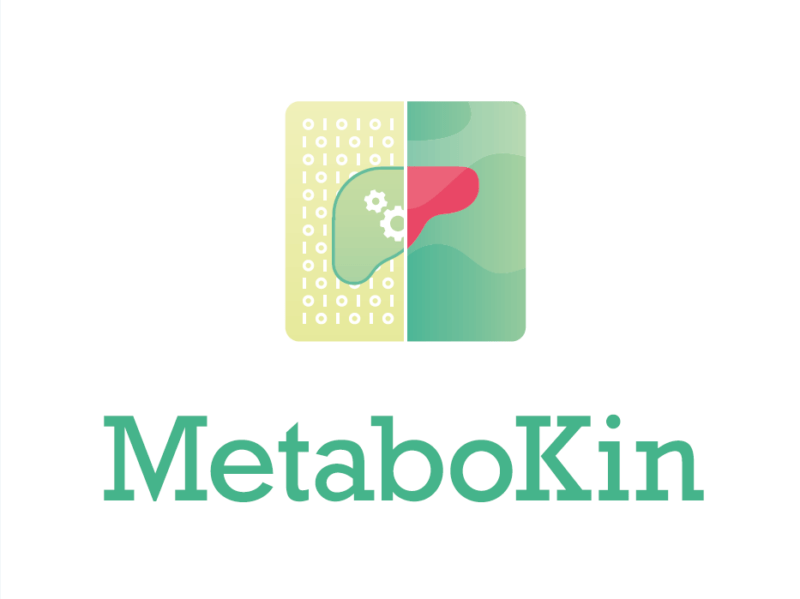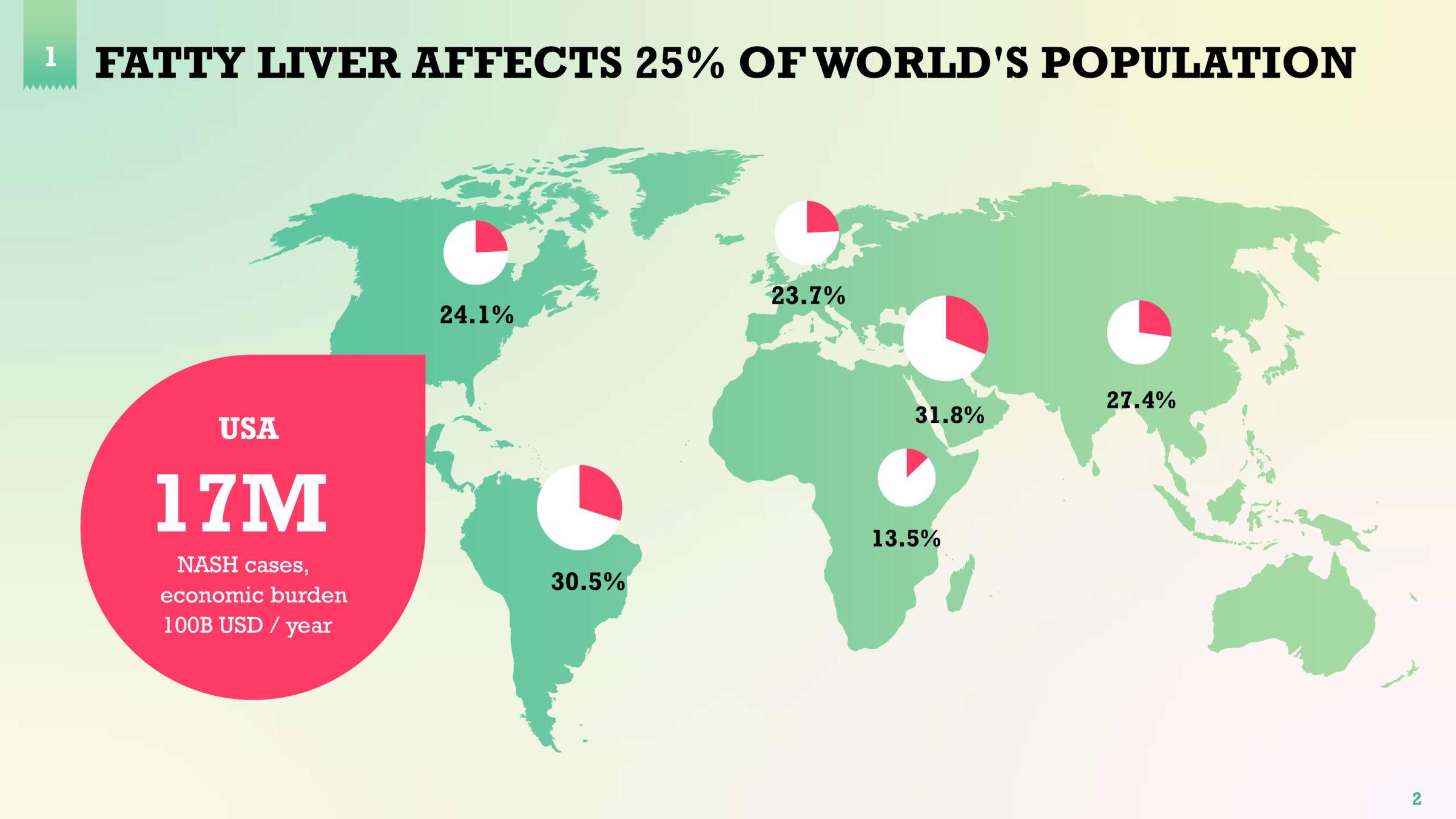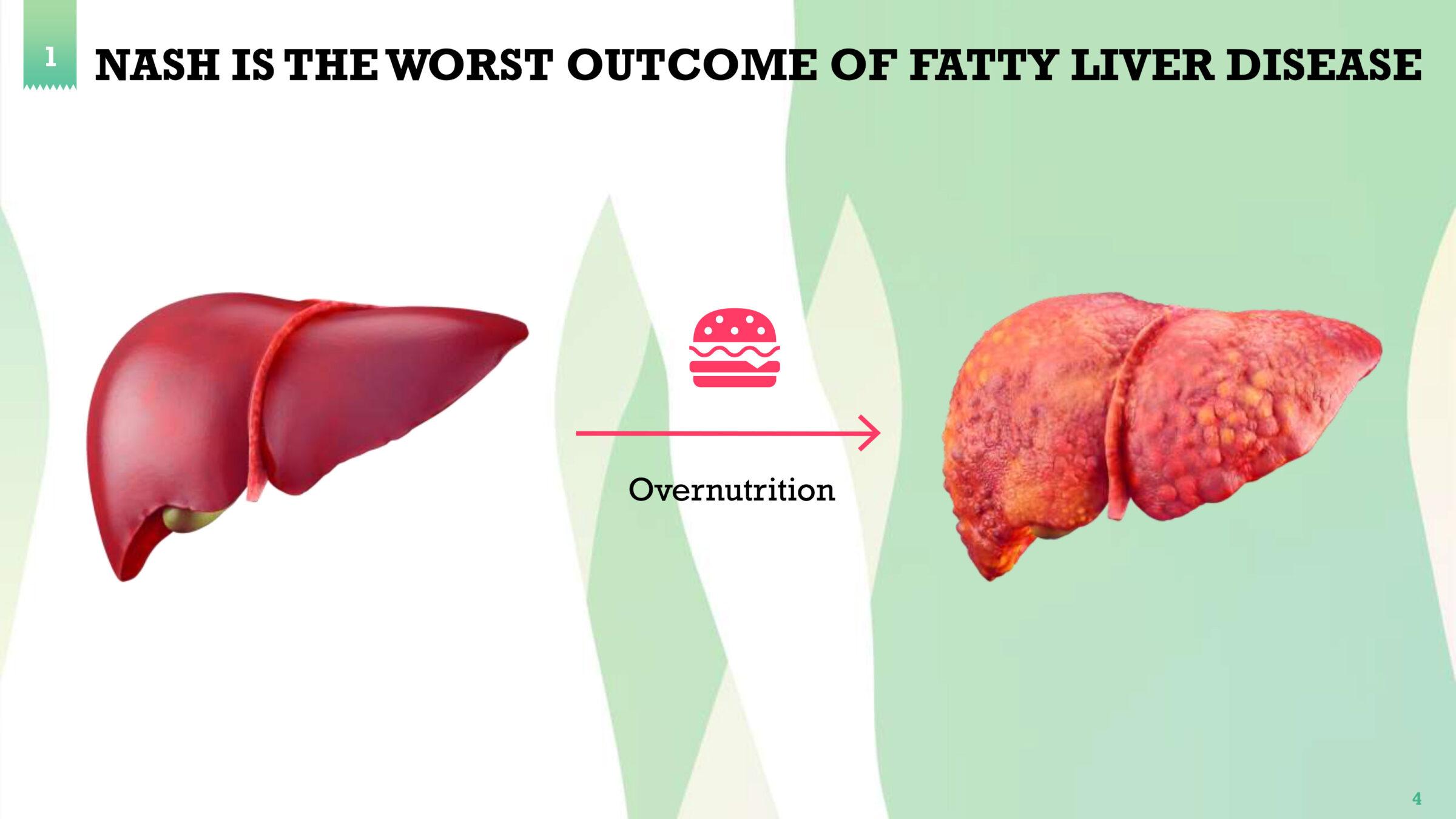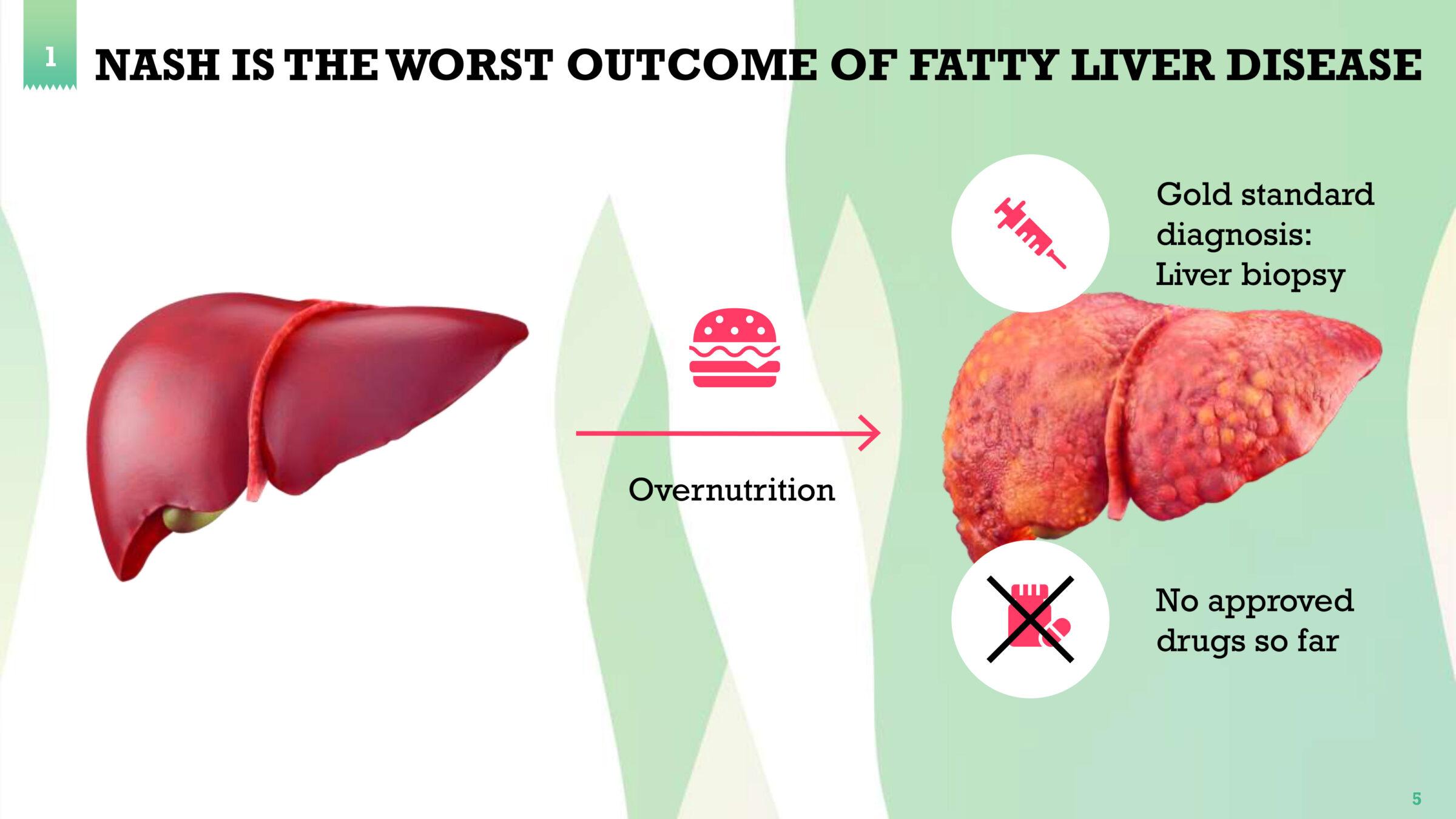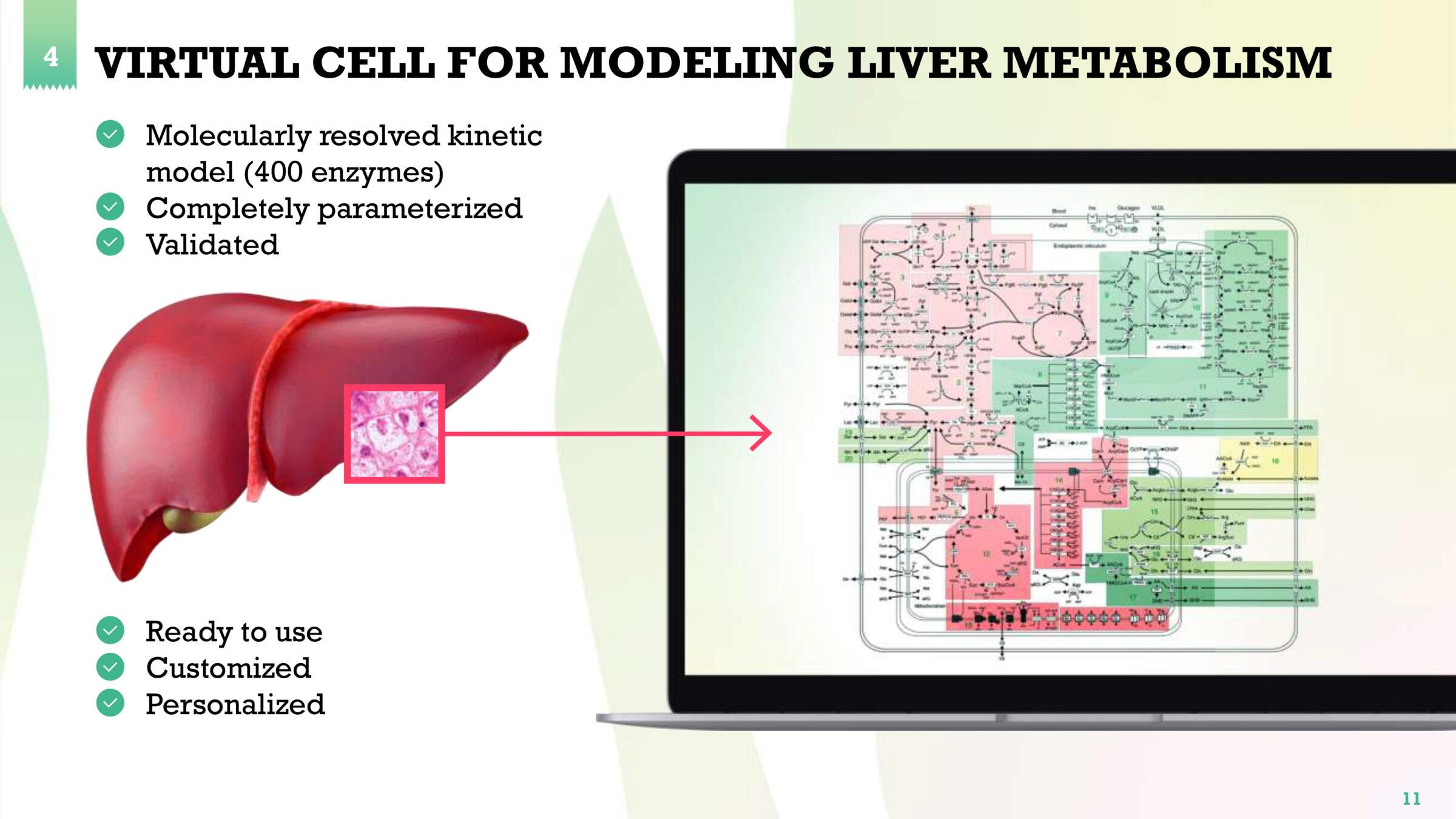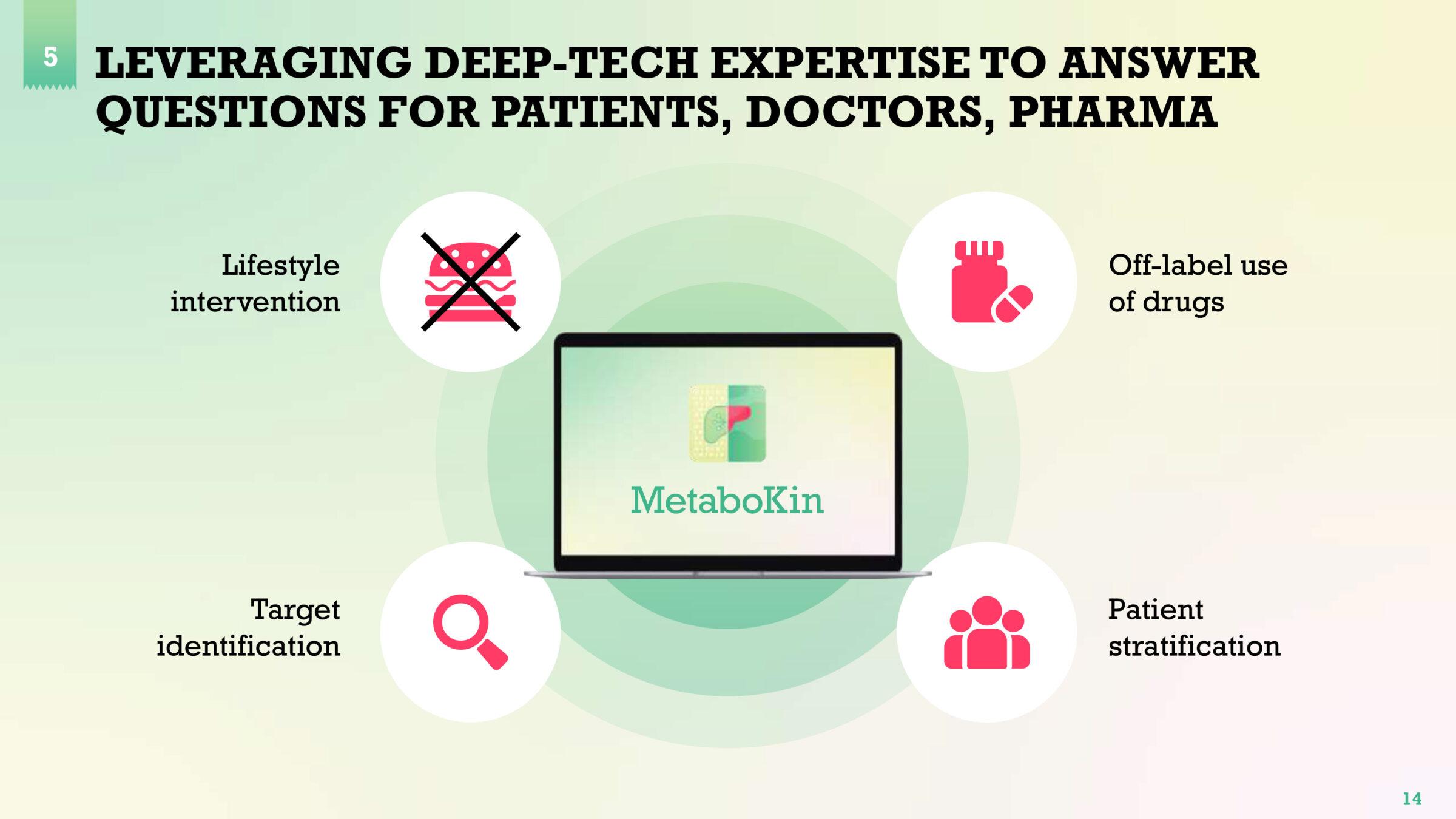MetaboKin is a personalized platform solution to characterize metabolic changes in NASH and make the drug development process leaner.
Spin-Off
Project WebsiteNon-alcoholic fatty liver disease (NAFLD) affects more than 25 % of the world‘s population. Metabolic syndrome manifests in the liver as NAFLD and develops into more severe disorders like non-alcoholic steatohepatitis (NASH). Despite pharmaceutical companies’ significant efforts in recent decades, there is still no available drug treatment for NASH. It is critical to improve our understanding of the underlying metabolic changes and to develop new treatment options for NASH; however, it is rather difficult to pursue this, both experimentally and clinically.

Nikolaus Berndt
(Charité, DHZC)
Project Lead
Team MetaboKin has developed virtual cells that simulate central metabolism with kinetic properties from approximately 400 metabolic enzymes and transporters. Over the last four decades, biochemists gathered kinetic data which, today, enables realistic in silico representations of organ metabolism. The major advantage of these deterministic virtual cells is that they do not need further data for training or application. These virtual cells also enable the simulation of organ metabolism without direct measurement.
MetaboKin is the ideal tool to characterize metabolic changes in NASH, improve drug target identification, further differentiate between mechanisms of action, and support patient stratification. The tool analyzes proteomics data from tissue samples and provides functional insights into central metabolic pathways, which enables the comparison between clinical and pre-clinical samples. MetaboKin works for animal and human samples, makes R&D development processes leaner, and maximizes the value of proteomics data.
Currently, MetaboKin characterizes metabolism for the liver, brain, and heart. Its applications are not disease-specific: MetaboKin can be used to evaluate metabolism under various physiological and pathological conditions, including diabetes and cancer types. The team is in the process of developing virtual cells for other organs: kidney, fatty tissue, and muscle tissue.
In the future, the team envisions that it will be standard in the drug development process to incorporate metabolic changes, just like PBPK modeling became a standard 30 years ago. The MetaboKin team aims as long-term goal to create a clinical application with virtual cells as a decision-support tool for diagnosis, treatment, and prognosis.

